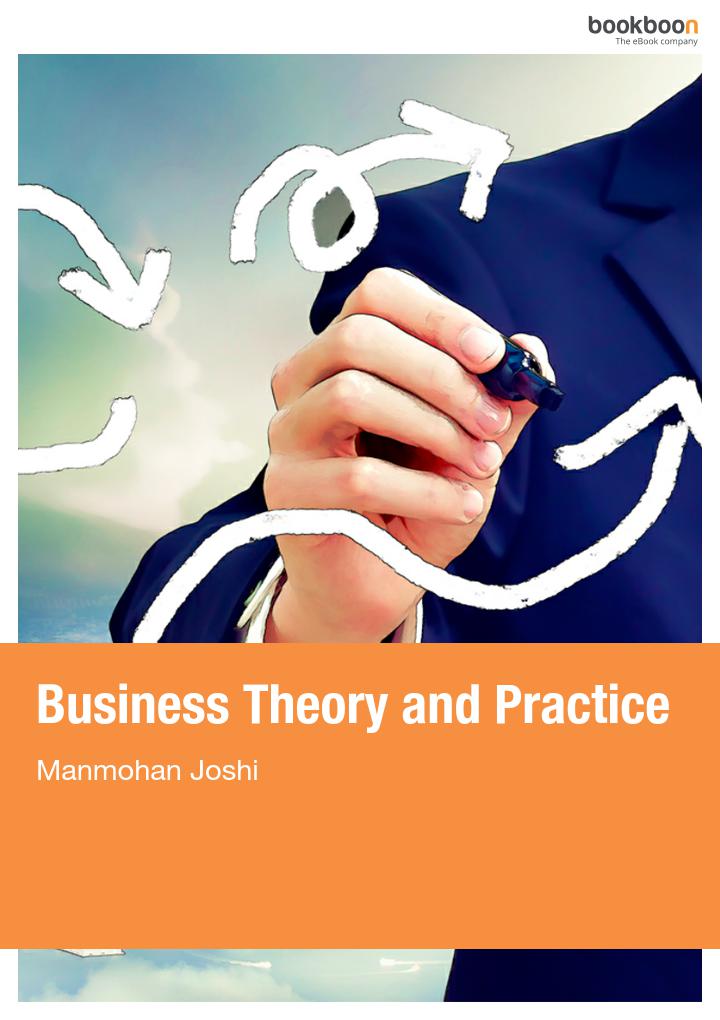The 4 stages of career planning

With the ongoing technological revolution and the liberalisation and globalisation of the economy, the job market has been undergoing a sea change. There is fierce competition in various specialised jobs, and consequently a fiercer competition for admission to professional courses. Hence one must go through the process of career planning in a systematic way.
Stage 1 – Self Assessment
The first step in your career planning should be a self-assessment. Below you will find a short summary of questions that should help you to find the perfect career for you. Take some time to write down the answers on a piece of paper before you move on to the next stage. Answers to the following questions will help you identify careers, and later contribute to your overall job satisfaction.
a. Interests: What are your likes and dislikes?
b. Preferred Skills: What skills have you developed in your life and which ones would you like to use in a job?
c. Work values: What will contribute to your personal job satisfaction?
d. Physical aspects: Do you have any physical aspects to consider when contemplating careers?
e. Preferred Working Conditions: What type of work environment would you prefer?
f. Personal profile: Make a summary of what is important to you in order to evaluate different occupations.
Stage 2 – Explore your options
Now that you have analysed your interest, skills and values, you can move on and start doing your research. This includes finding out about possible jobs in your field of interest and researching descriptions of possible positions that would be suitable for you.
a. Explore occupations: Use information in the library and online to get background information.
b. Research Market: Conduct interviews with people in occupations similar to your personal profile to get a sense of what a job is really like. You can get a sense of whether you will “fit” with the job.
Stage 3 – Decision Making
After researching the market it is time to have another look at the personal profile you assembled in stage 1. Find out which career areas you are most interested in and start choosing your goals.
a. Evaluate: Decide which career areas match your personal profile.
b. Choose goals: Set your career goals and identify the steps required to achieve these goals.
Stage 4 – Take action
Now it is time to start taking action. Below you find 6 steps for finding your career job.
- Identify possible occupations.
- Access your “network.”
- Develop effective resumes and cover letters.
- Practice effective job interview skills.
- Contact potential employers.
- Follow up on all job leads.
Identify your skills
Employers also look for a number of skills other than your academic qualifications. There are 4 types of skills that are important when you apply for a job: interpersonal skills, personal qualities & skills, specialised skills and core skills.
The following will help you in identifying the skills that you currently have and those you need to acquire and develop.
a. Interpersonal skills:
- Being good with people
- Ability for team work
b. Personal qualities & skills:
- Confidence
- Initiative
- Leadership skills
- Adaptability to change
- Sensitivity to the culture of customers and colleagues
c. Specialized skills:
- Creativity
- Critical thinking ability
- Logic
- Technical and scientific competence
d. Core skills:
- Communication skills
- Planning ability
- Problem-solving ability
- Effective time management
- Computer/ IT skills
Writing a list with those 4 types of skills is a good way of preparing for an interview. It will help you memorise your skills and make it easier to find arguments to convince your future employer that you are the right person for the job.
These 4 stages of career planning should assist you in finding the right job that matches your interests and abilities. Don’t forget to review your list of skills from time to time and update it as well as your self-assessment. Also your career goals might change during the process due to life changes and experiences.
About the author: Manmohan Joshi is a Management & Education Consultant & Training Facilitator. He is also the author of management books and has published “Business Theory and Practice” and 4 further eBooks on bookboon.com.




